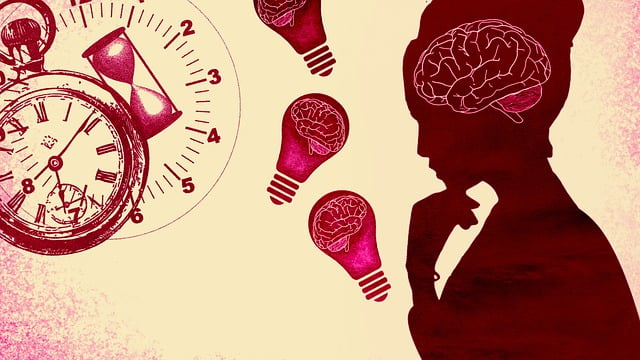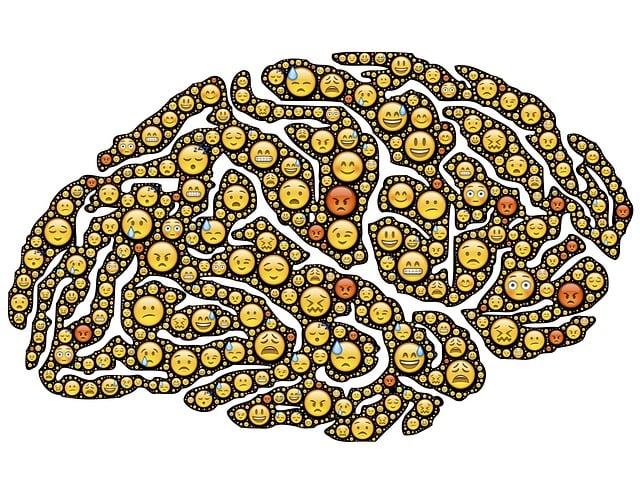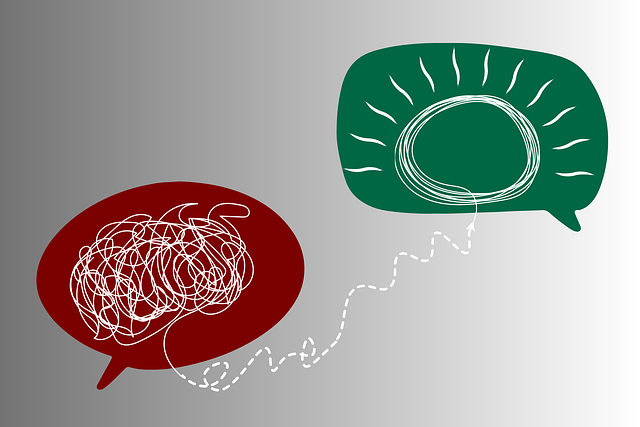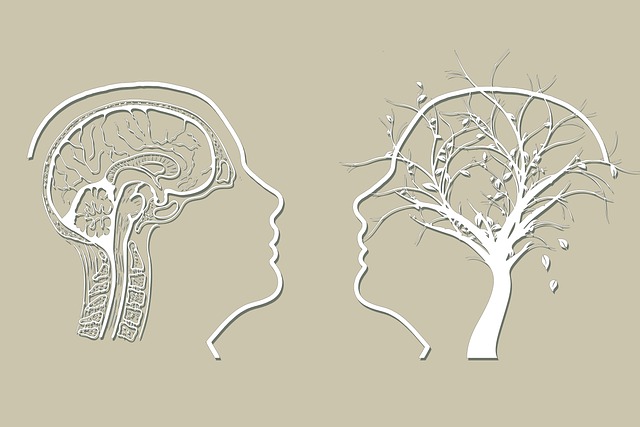Greenwood Village Psychosis Therapy emphasizes emotional intelligence (EI) as a crucial tool for personal growth and connection. By focusing on self-awareness, empathy, mindfulness, and active listening, this approach helps individuals manage emotions, resolve conflicts, build stronger relationships, and maintain confidence in high-pressure situations. Through journaling, meditation, and practical techniques, clients develop EI skills that improve well-being both personally and professionally.
Emotional intelligence (EI) is a powerful tool for navigating life’s challenges and fostering meaningful connections. In this article, we explore the concept of EI through the lens of the Greenwood Village Psychosis Therapy Approach, focusing on strategies to enhance self-awareness and empathy. We delve into practical applications, demonstrating how EI can transform relationships and overall well-being, backed by evidence-based techniques from Greenwood Village’s expert therapists.
- Understanding Emotional Intelligence: The Greenwood Village Psychosis Therapy Approach
- Strategies to Enhance Self-Awareness and Empathy
- Practical Application: Navigating Relationships with Emotional Intelligence
Understanding Emotional Intelligence: The Greenwood Village Psychosis Therapy Approach

Emotional intelligence (EQ) is a crucial aspect of human interaction and personal growth, and it forms the foundation of effective communication and healthy relationships. The Greenwood Village Psychosis Therapy Approach offers a unique perspective on enhancing EQ by focusing on self-awareness and understanding one’s own emotions as well as those of others. This holistic approach recognizes that emotional intelligence isn’t just about managing feelings; it’s a skill that enables individuals to navigate complex social situations, resolve conflicts using effective communication techniques, and build strong connections.
The therapy emphasizes the importance of self-reflection and introspection in burnout prevention strategies for healthcare providers. By cultivating higher EQ, professionals can improve their ability to manage stress and maintain confidence, which is especially vital in high-pressure environments. This approach also incorporates conflict resolution techniques, teaching individuals how to navigate disagreements with empathy and clarity, fostering a more harmonious environment both personally and professionally.
Strategies to Enhance Self-Awareness and Empathy

Developing self-awareness is a cornerstone of emotional intelligence growth, and Greenwood Village Psychology Therapy offers valuable insights in this area. One effective strategy is to engage in regular reflection and introspection. This involves taking time daily to consider your emotions, thoughts, and reactions. By examining these internal processes, you can identify patterns, triggers, and areas for improvement. Journaling is a powerful tool for this practice; it allows you to record your experiences, explore your feelings, and gain valuable insights into your emotional landscape.
Moreover, cultivating empathy is essential for enhancing emotional intelligence. The Crisis Intervention Guidance program emphasizes the importance of putting yourself in others’ shoes. Active listening skills, promoted by Greenwood Village Psychotherapy, play a significant role here. By fully concentrating on what someone else is saying, both verbally and non-verbally, you can better understand their perspective and emotions. This not only strengthens your relationships but also fosters inner strength development and burnout prevention. Empathy builds bridges between individuals, creating a more supportive and compassionate environment for all involved.
Practical Application: Navigating Relationships with Emotional Intelligence

Navigating relationships with emotional intelligence involves recognizing and managing your own emotions, as well as understanding and empathizing with those of others. This practical application is a cornerstone of Greenwood Village Psychosis Therapy, where professionals help individuals build emotional intelligence to foster healthier connections. By enhancing self-esteem improvement and engaging in emotional healing processes, individuals can develop the skills needed to communicate effectively, resolve conflicts constructively, and build strong, supportive relationships.
Mindfulness meditation plays a significant role in this journey, as it teaches individuals to stay present, observe their emotions without judgment, and respond thoughtfully rather than reacting impulsively. This heightened awareness allows for better understanding of both one’s own needs and those of others, thereby enriching interpersonal interactions and promoting overall well-being.
Emotional intelligence, as guided by the Greenwood Village Psychosis Therapy approach, is a powerful tool for personal growth and relationship building. By enhancing self-awareness and empathy, individuals can navigate connections with greater depth and understanding. This article has offered practical strategies to foster emotional intelligence, empowering folks to create more fulfilling interactions and transform their lives.














